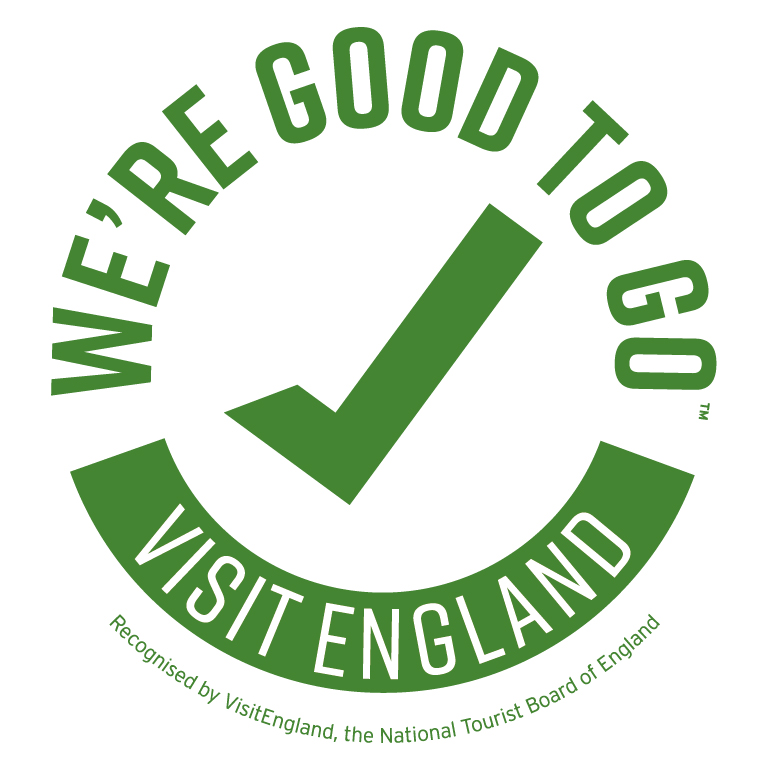Environmental Policy
Jollydays works to combine luxury tented accommodation in a sensitive environment, within an environmental and ethical framework.
We don’t pretend to be perfect and we constantly strive to improve both our guests’ experience and the impact of what we do on the environment and community via our activities, suppliers, and consumption. (It goes without saying we comply with legislation as a minimum level of performance, so it’s not included below, as our aim is to go well beyond that)
Waste Management
- To measure and look at ways to reduce our consumption of energy and water and increase off grid renewable generation of electricity. In the first instance the measure will be in line with the Green Tourism Business Scheme of consumption per bed stay.
- We treat effluent water on site and discharge the treated water on site (via bio digesters and reed beds) with consent from the Environment Agency.
- Identify and minimise / phase out the use of harmful chemicals.
- We recycle, and encourage our guests to recycle materials, packaging and waste and examine ways to reduce / phase out such “waste” materials at source in the first instance.
Environment
- Food is sourced locally where possible. e,g meat, but clearly a lemon isn’t grown locally (if only)
- We have a 20 year Woodland Management Programme and 20 year Bio Diversity Plan, which includes measuring the bio diversity, it’s changes and the impact of our business activities. This includes tree and under storey planting such as native English Bluebells, and the control of pests (such as grey squirrel) and invasive non native plants, such as Rhododendron and Bracken.
- Introduce a Transport policy to encourage the use of bicycle hire, (which we already do) and car sharing, both amongst guests and staff.
Information
- To phase in where not already implemented the monitoring and measuring of the consumption of materials, type of materials and identifying areas for improvement, with targets were relevant and useful to the pursuit of improvement.
- All staff are aware of the policy, it’s aims and reasons for being, and environmental information is available to guests, should they wish to avail themselves of it. (i.e. we don’t ram it down their throat, make them wear horse hair shirts and beat them with it)
Community
- Engage with schools, neighbours, and local business.
- Pay staff more than the minimum wage.
- We run a volunteer programme where we barter work in exchange for free camping.
For further details please contact us.




